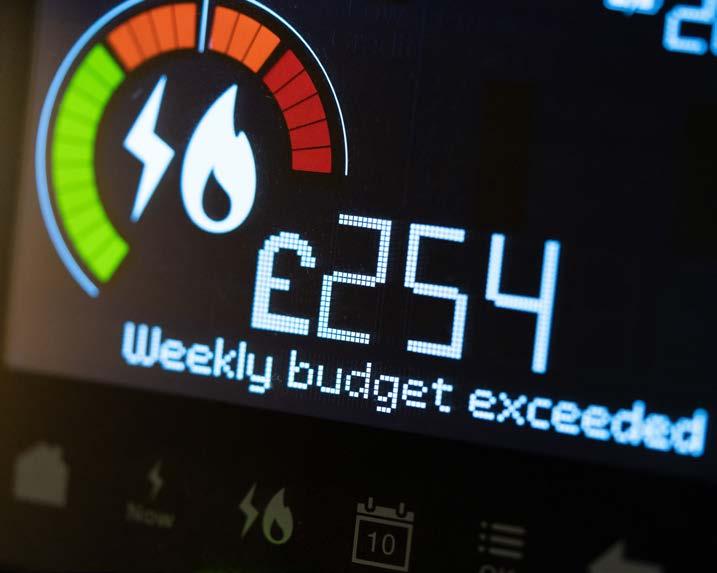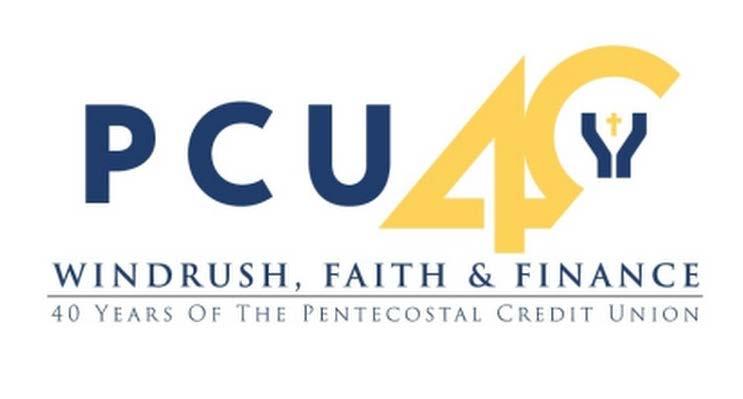
3 minute read
How to weather the storm during Britain’s UK financial crisis
Shane Bowes, CEO of the Pentecostal Credit Union, shares strategies that can be implemented to overcome with the current financial crisis
UK households are facing the most serious financial crisis in recent years. Inflation, which reflects the rate of increase in rising prices, is currently at a 40-year high of 10% and is set to rise to 13% by October 2022. To curb spiralling costs, the Bank of England has raised interest rates six times since December 2021 and the base rate is now at 1.75%. Whilst raising interest rates can cool the rise in the cost of living, it makes borrowing more expensive, which impacts outgoings, such as housing costs and mortgages.
Advertisement
The price cap on energy bills will be over £4,200 per year from January 2023; housing costs are up by 11% compared to last year, and 9.2million households could be in fuel poverty from October 2022.
Some people are finding life really difficult at the moment. Phrases, such as “Heat or eat”, are becoming normal parlance but express the very tough choices some households are having to make between spending on energy or food costs.
This cost of living crisis is affecting all of us, and conventional wisdom, whenever there is financial pressure, is to revisit household budgets and cut unnecessary expenditure and/or find cheaper alternatives. But for those on the lowest incomes the rise in prices is nothing short of disastrous, as there is no possibility of cutting expenditure below income.
So what do you do when you can’t pay? The first thing is always to let your energy supplier or lender/creditor know straightaway. The regulators of these bodies require that they engage with you to come to a solution that is affordable for you, so don’t be afraid to speak to them because there are a number of options available. Never stop paying. Continue to pay what you can afford until you jointly arrive at a solution. For energy costs, many households will be eligible for up to £1,500 in government support. This consists of: • £400 non-repayable energy grant to all households in October • £650 one-off payment to those on means-tested benefits • £300 winter fuel payment top-up for pensioners who receive a winter fuel payment • £150 top-up of for those on disability benefits In addition to this, there are charitable trusts associated with the bigger fuel energy firms, and they may be able to provide grants to those of their customers who are in the most dire need.
Local authorities are another source of support. The government has provided local authorities with extra funds to assist households who have vulnerable members. Council Hardship Funds, Welfare Assistance Funds, Discretionary Housing Payments and Council Tax support may be available to you. Enquire at your local council to find out what you may be eligible for. In addition to this, we would advise always to check whether you can apply for additional benefits using the
benefits-calculator.turn2us.org.uk
The PCU - along with all financial providers - are acutely aware of the effect of the rising cost of living on our customers, and have put measures in place to help those who face challenges meeting their obligations to their creditors as a result of this. Please let your creditors know immediately if you are struggling.
At these most challenging times, we are reminded of the message of hope that can be found in Jeremiah 29:11,
‘“For I know the plans I have for you,” says the Lord, “plans to prosper you and not to harm you, plans to give you hope and a future…’’’
To find out more about the Pentecostal Credit Union and its services, visit www.pcuuk.com












